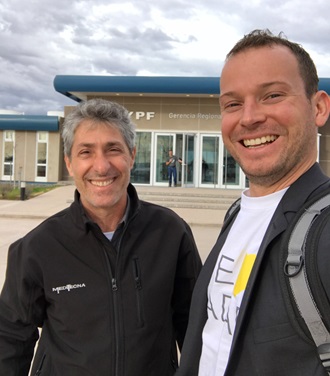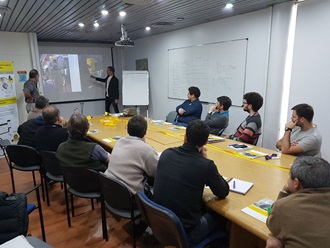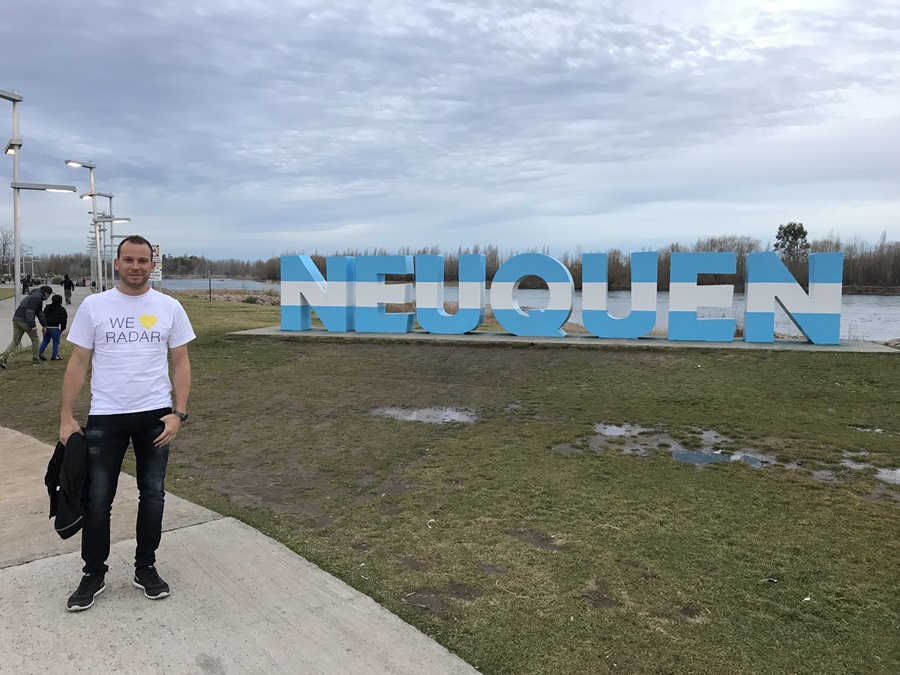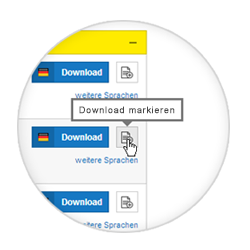Around the World with 80 GHz – We Love Radar in Argentina |
Adventure at home
When you go on a trip, you just have to come back home to really experience something. Within the space of six days in Argentina I conducted seven training sessions and had six flights and other trips covering a total of 6,000 kilometres. And contrary to all expectations, I travelled not only according to plan, but comfortably and on time. On the way back home, however, my luck ran out: on a German train. A landslide in the Rastatter tunnel left me stranded despite the S-Bahn/bus combination that is supposedly available for such emergencies. But I was already close to home, so I was picked up in Rastatt by a particularly nice person and driven the remaining few kilometres by car. Be happy to have that happen again!
Concentrated petro power
Bahia Blanca, where I held my first seminar in Argentina, is a fairly large port city in the south of the province Buenos Aires but far away from the usual tourist destinations. The port is particularly important for the booming petrochemical industry. Companies such as Solvay Indupa, Dow PBB Polisur, Compañía Mega and Profértil are located in the petrochemical complex called Ingeniero White. This complex alone extracts and processes roughly 50% of Argentina's total petrochemical output.
Preliminary work well done
The seminar at Dow Argentina was particularly exciting. It was obvious that our Argentine VEGA agency Meditecna had done a good job in getting things ready here. Seminar participants in Bahia not only knew about our 80-GHz radar sensor, they had already discussed how and where the sensor could be used. The product questions asked by the 14 chemical engineers had real depth and practical interest. Each seminar plays out differently, but this one was especially successful because at the end we could directly arrange to have some test measurements carried out.
The high-tech behind gas and oil production
Was it the rich Argentine beef on the skewer? Even the long drive we experienced the next day, on the endless, straight gravel roads from Patagonian Neuquen to the gas fields Loma Campana, didn’t tire me out. Companies like Repsol, GyP (Gas y Petróleo) or YPF find, extract and frack petroleum and gas here, literally in the middle of nowhere. Some of the wells are in areas that were inaccessible just a few years ago. They also present exciting challenges to level measurement – challenges the highly accurate 80-GHz sensors are up to in every way.
Expensive living near the gas fields
Due to the devaluation of the Argentine peso, housing prices in Argentina are quite reasonable at the moment. This may apply to the real estate sector in general, but certainly not to the Argentine boomtowns of the petrochemical industry. It was the high demand for raw materials that helped the country get back on its feet after the national bankruptcy in 2001. No matter how far away they are from the next larger town, apartments near the big companies far out in the gas fields are extravagantly priced. In Anelo, which is close to the large production fields and has more the character of an outpost than of a city, an oil and gas worker can easily pay $1,200 US per month for a small new apartment.
Related industries
Export this article
Download as PDFShare this article
Comments ({{comments.length}})
This article has no comments yet. Write the first one now!
{{getCommentAuthor(comment, "Anonymous")}} {{comment.timestamp | date : "dd.MM.yyyy HH:mm" }}
{{comment.comment}}
This field is mandatory
This field is mandatory
This field is mandatory
Invalid email address
This field is mandatory
Your comment must not contain any links or email addresses
This field is mandatory
Invalid captcha
untranslated: 'Blog_SendComment_Error'




